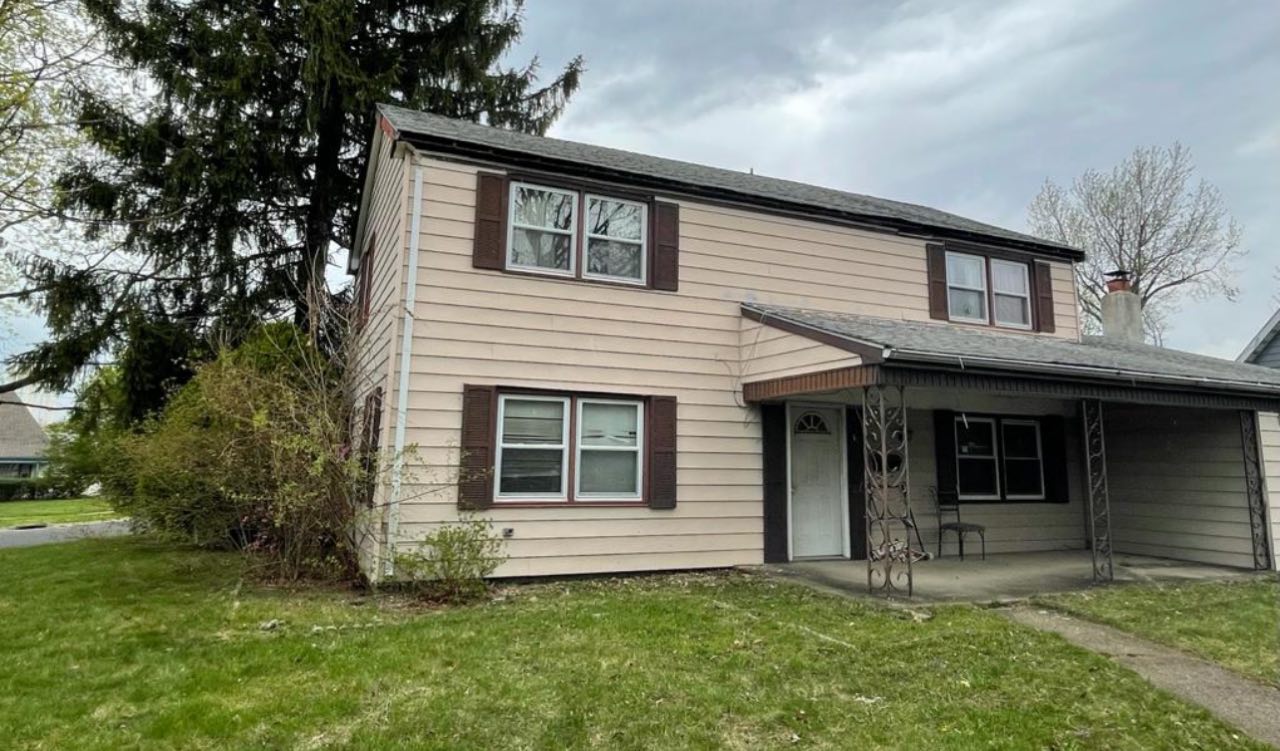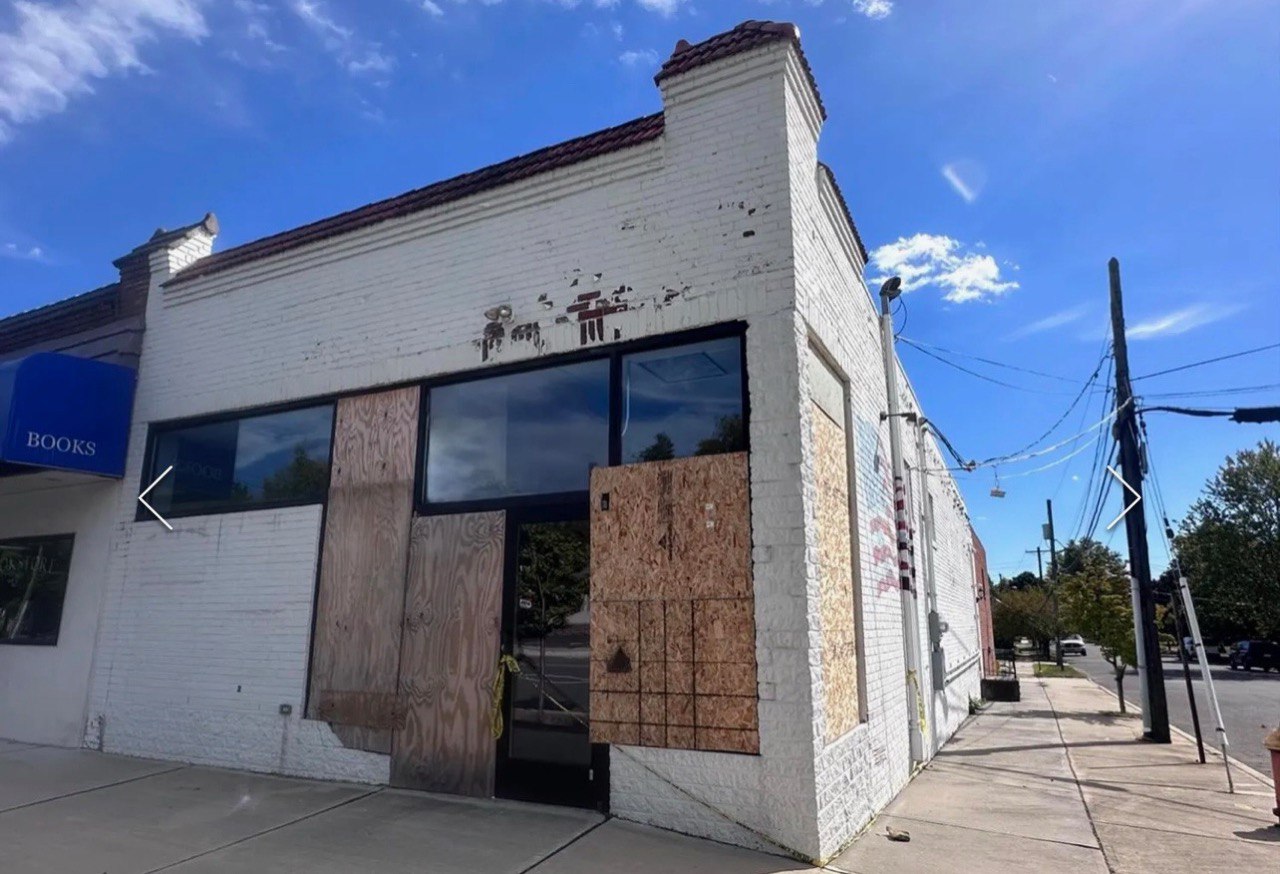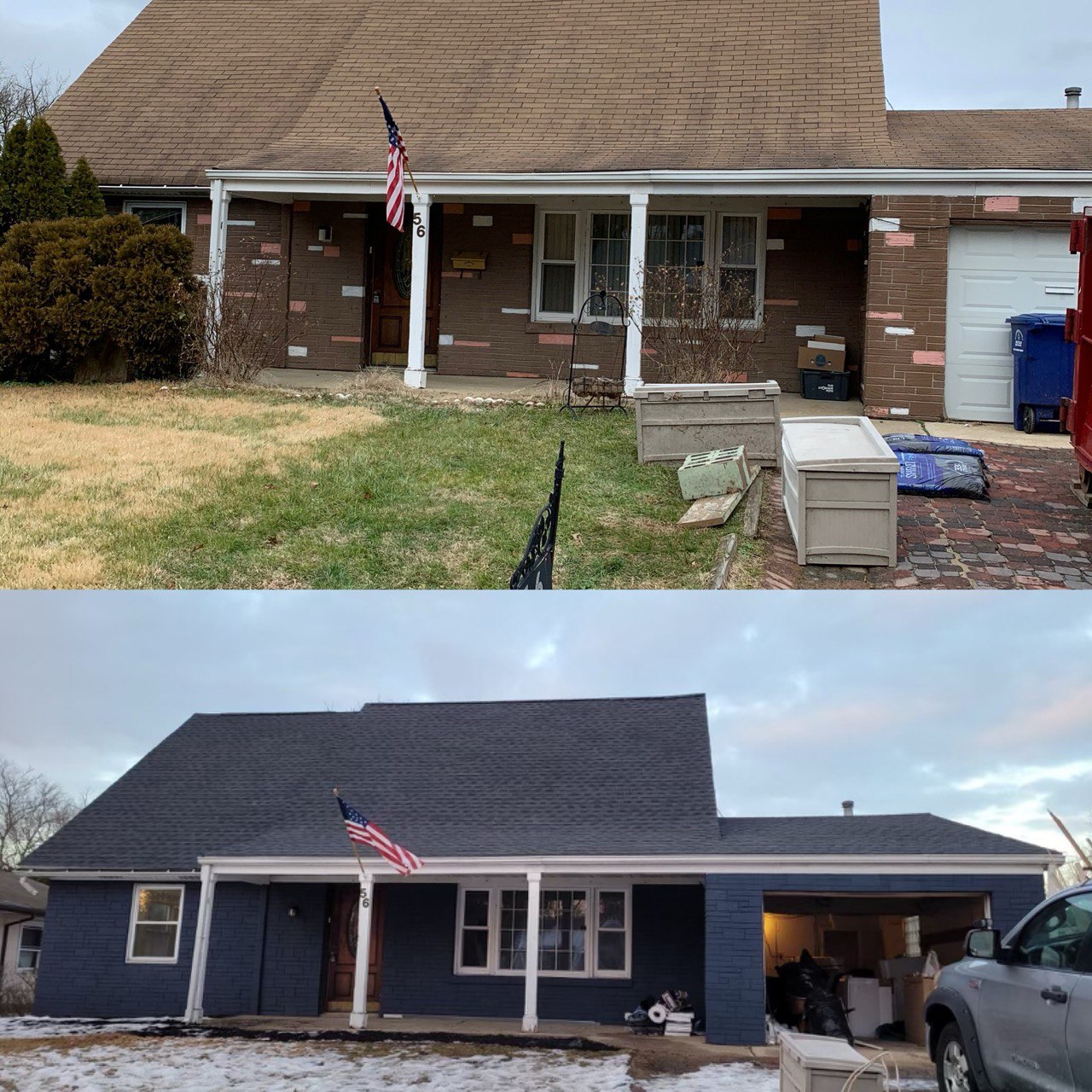
The subject of what real estate disclosures to use is important for both buyers and sellers to understand when doing a real estate transaction in New Jersey. The best rule of thumb? When in doubt, disclose! Try to be as upfront and honest as you possibly can. In this blog post, we are going to cover what is absolutely necessary for you to disclose, by law in California.
What Real Estate Disclosures To Use in New Jersey
The best policy is to always be open and honest about the property, which will help you to not only avoid a potential lawsuit, but it is also going to make you an all around more trustworthy person to work with, which everyone appreciates. When you start to hide defects or repairs that you have been putting off, those are the kinds of items that will come back to bite you in the butt in the end. Whether it comes back to you through a lawsuit or just old-fashioned karma… it’s better to protect your future by disclosing everything you know about the property when you decide What Real Estate Disclosures To Use in New Jersey.
Almost all real estate lawsuits happen because of non-disclosure.
So how should you determine what you are legally required to disclose? The best way to look at it is by asking, “does this affect the value of my property?” Here are some common concerns that should be addressed if they relate to your property:
- Concerns regarding the land. This could mean issues with the drainage, bad soil for building, or the potential for flooding. This could drastically prevent the property from increasing in value in the future.
- Foundational cracks or leveling issues. In some cracks that are really bad, or when the house has settled one way too much, there might be severe structural damage there, which is very costly to fix.
- Plumbing problems or sewage issues. Whether it is just a leaky pipe, or a more sever matter that is known about, they all should be brought to light, that way the buyer has the opportunity to investigate it further if they wish. Some of the more expensive major repairs seems to come through water damage of some kind.
- Heating and HVAC. Any issues or irregularities in the heating or cooling systems definitely need to be addressed.
- Experiences with insects, critters or bugs. Which includes problems with termites, ants, cockroaches, rats, or moles – all of them need to informed of to your potential buyers.
- Leaking roofs or missing shingles. It’s important that you inform your buyer about these issues, otherwise they are going to find it out during the next rainstorm, which they will not be happy about.
- Of course, lead paint should be a no-brainer. This is one of the most common disclosure in any real estate transaction and in fact, the absence of this form in a transaction for a house that was built before 1972 can get you in some serious hot water.
- Issues that can affect the right to title. Determining rightful ownership is imperative to a successful transaction. This should be spelled out right at the very beginning of the deal, not left to find out during the escrow process.
- Documentation for past repairs. Keeping records of past repairs that have been made. as well as insurance claims that have been filed in the past is also important. You should be able to prove what work was done and the materials that were used.
In addition, there are some states that require a more thorough disclosure of the hazard zones, such as flooding zones, earthquake zones, and other kinds of environmental factors that may affect your land. Some areas also require you to report if there were any violent crimes that were committed in the house if it were considered common knowledge. However, not all states make this requirement, just do your due diligence to see if this is required in your state. When in doubt about any items that apply specifically to your property, just think about what you would care to know if you were to buy that home for yourself! Its important to take all these things into consideration when you decide What Real Estate Disclosures To Use in New Jersey.
Disclosures give buyers the chance to learn as much information about the house possible, before making the purchase.

The best way to look at all of this is by understanding that disclosing everything to the best of your ability, is giving yourself the highest form of security later, to make sure nothing comes back to bite you. If you decide to keep details to yourself, then somehow a minor needed repair will turn into a much bigger problem than you realized. Now of course, it is not uncommon for something to come up during the inspection process that you may not have known about and been prepared for. Imagine your price slashed down because of a defect that you were not aware of.

Any prudent buyer is going to choose to have the house inspected before they will close on a sale. This will allow them to address any necessary repairs ahead of time, and of course it will also effect their bargaining ability if they decide they do want to take the work on. An inspection is also a way of showing good-faith when you are selling a property. It proves that you’re proclaiming to the world that you confident that your house is in the greatest possible condition before you sell it.
Like we’ve previously mentioned, disclosure rules can vary by state. Your attorney, agent or broker can give you a to-do list that will cover all of the requirements, specifically for your state. Make sure to review the list entirely and report any information that might pertain to your house. When possible, report the dates when any upgrades or repairs were done. Complete the form, as honestly as possible. In the event that you do have questions, it’s always best to address them to a lawyer if you can, as opposed to just an agent. Important questions like that might not be within the scope of your agents experience, so you want to everything you can to lessen your own liability.
Remember, YOU CAN BE SUED for dishonesty.
In the event that you are ever found liable, you will be required to pay for legal expenses, repairs, and punitive damages. So ensure you work with a trusted real estate professional that can guide you through What Real Estate Disclosures To Use in New Jersey.
Another way?
If this all seems like too much worry about and you have a house that does need some work, another alternative would be to sell it to a cash buyer such as Savannah Properties. We buy houses as-is, no matter the repairs that are needed. We can make you an offer regardless of all the work that is needed. To learn more, visit our website and fill out the form on the home page to talk to someone.








